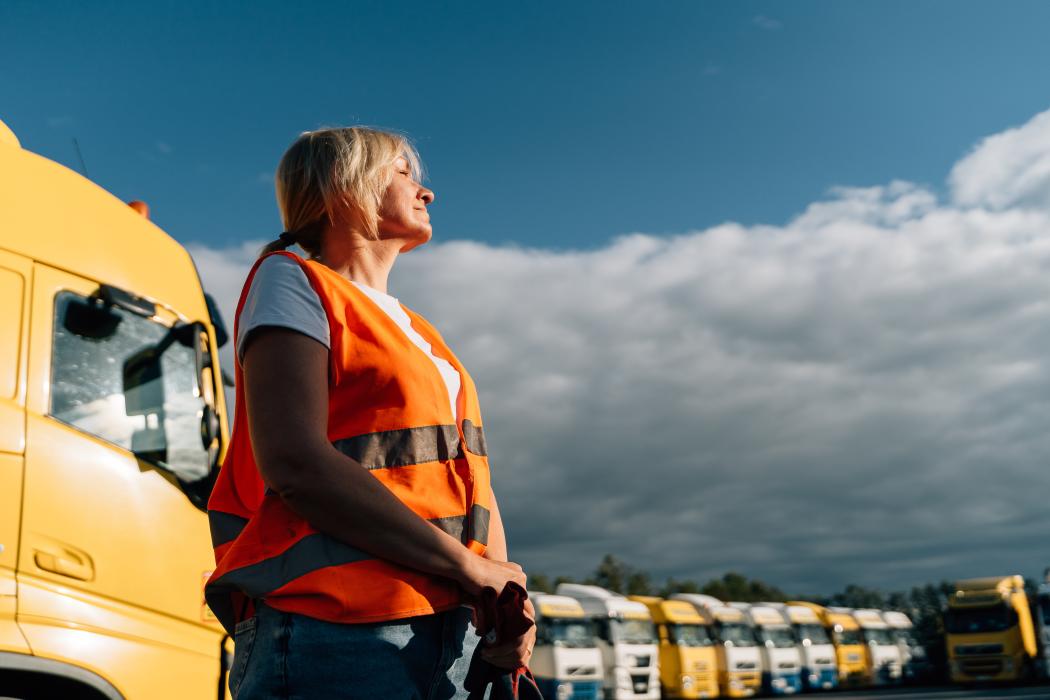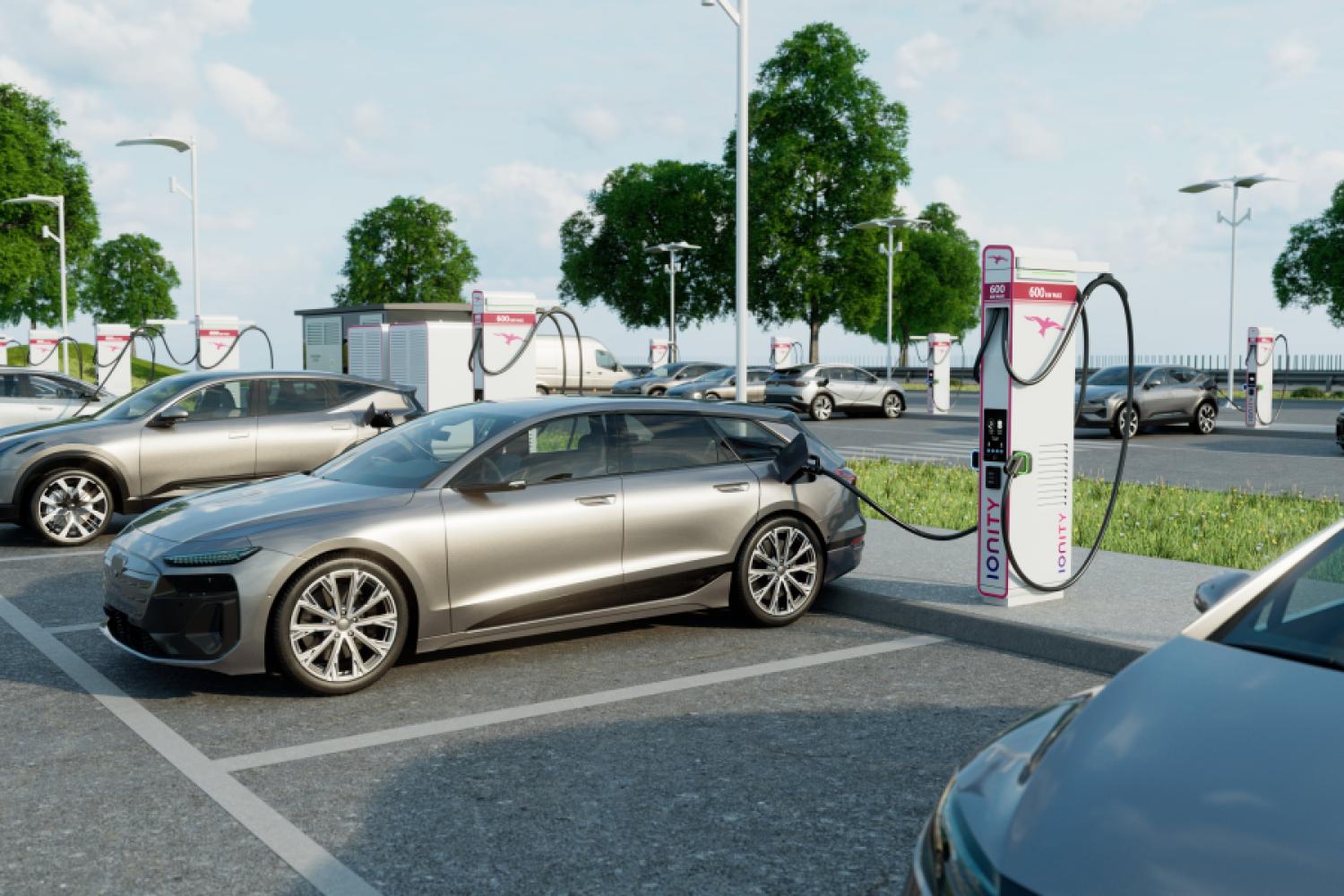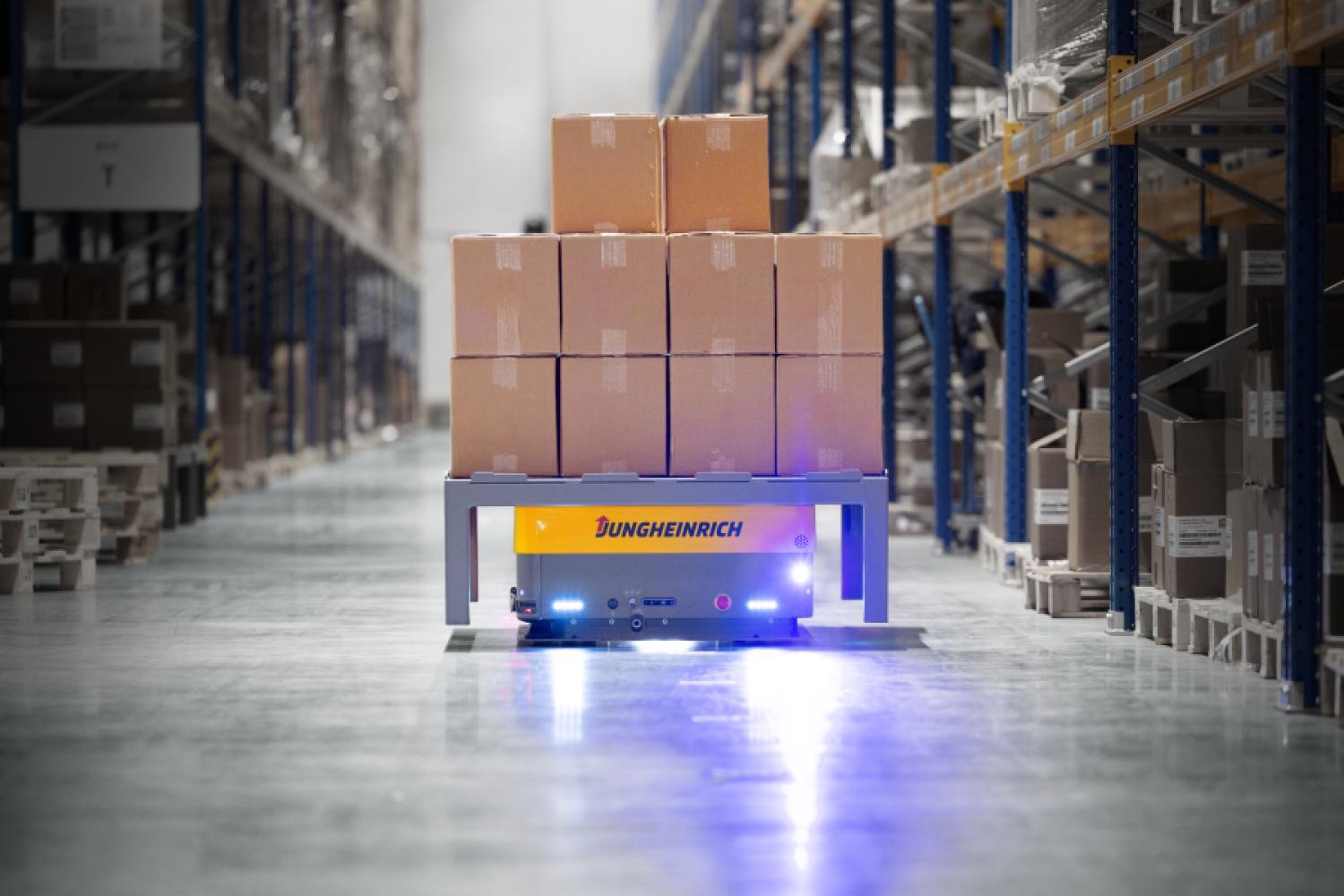The BWVL Bundesverband für Eigenlogistik & Verlader e.V. calls for the timely decision and urgently needed implementation of targeted political measures following the formation of the government to secure Germany's economic location. Against the backdrop of immense economic problems, it must be in the utmost interest of the future government to strengthen one of the pillars of the German economy – freight transport with the companies represented by the BWVL in self-logistics and as shippers, as stated in a press release from the BWVL on February 24.
The association had already drafted a position paper for the 2025 German federal elections on the topics of infrastructure, transformation, framework conditions for socially-friendly road freight transport, and debureaucratization:
I) Infrastructure
According to BWVL, the primary goal is the improvement of infrastructure. This particularly includes eliminating the investment backlog as well as the ability to plan future infrastructure tasks. For this, an expansion of financing instruments is necessary with the aim of establishing a reliable and over-year financing that is independent of annual budget decisions and designed specifically for different transport carriers.
The BWVL proposes the following measures:
- Adequate financing of the road transport carrier with full use of toll revenues, particularly for bridge renovation, the creation of truck parking spaces, the maintenance and expansion of road infrastructure, as well as promoting the climate-friendly transformation of road freight transport
- Toll without exceptions – elimination of exemptions in § 1 Abs. 2 BFStrMG and extension of toll obligation to cars and buses
- Establishment of an infrastructure fund and activation of private capital, particularly through public-private partnerships (PPP)
- Optimized use of existing infrastructure through
- Expansion of cross-border use of long trucks, especially Type 1, as well as
- Raising the permissible total weight (zGG) of heavy commercial vehicles to 44 tons for use on suitable infrastructure (introduction of a positive list)
- Nationwide implementation of the NRW Handbook's reference values "Quiet Logistics" as a basis for exemptions to shift transports to early and late hours. The goal is to reduce daytime traffic congestion and thus spare CO2 emissions, while ensuring optimal urban supply and enhancing the attractiveness of city centers.
II) Transformation
From the perspective of BWVL, the transformation of road freight transport towards climate neutrality must remain technology-neutral. Companies in road freight transport must have the freedom to choose the drive technology that is operationally and economically suitable for them. To maintain the competitiveness of Germany as a location, the economy urgently needs reliable framework conditions, planning security, and fiscal incentives for investments.
The BWVL proposes the following measures:
- Extension of the toll exemption for emission-free trucks beyond December 31, 2025
- Reinvestment of the CO2 toll for the initial financing of alternative drives/loading infrastructure through degressive fixed amounts, scaled according to company sizes
- Special depreciation opportunities for investments in alternative drives and the development of loading infrastructure, particularly depot charging
- Tax benefits for biogenic and synthetic fuels as a transitional solution for decarbonization of road transport
- Abolishment of double CO2 burden
- Introduction of a speed limit on federal highways
- Shift of traffic to rail through track connection promotion and improvements in combined transport (especially the state of rail infrastructure, punctuality/reliability, increase of route offerings)
- Activation of unused infrastructure potential in rural areas, especially through the expansion of rail infrastructure away from main routes
III) Framework Conditions for Socially Friendly Road Freight Transport
The BWVL advocates for better collaboration among road users and the improvement of the industry's image in society. For this, BWVL calls for political support through the following measures:
- Partial use of the CO2 toll as a "social toll" to sustainably improve the working conditions of truck drivers
- Improvement of social standards (including expansion of parking spaces, enhancement of the quality of sanitary facilities)
- Increase in road safety by promoting the installation of alcohol tests
IV) Bureaucracy Reduction
Unnecessary bureaucracy is inefficient, costs time and money, and hampers not only the economy but also the essential and urgent transformation. The BWVL calls for a targeted reduction of bureaucratic obstacles to relieve companies in road freight transport, which represent a significant part of the German economy.
From the BWVL's perspective, the following measures are necessary, among others:
- Better cooperation, coordination, and networking between the federal government/states/municipalities (establish digital interfaces, reduce multiple data entries)
- Continuation of the work of the "Road Freight Traffic Commission" to continuously implement bureaucracy reduction measures in the transport sector
- Structural reform: Simplification and acceleration of administrative procedures, for example, by simplifying and digitizing application and approval procedures in the area of large and heavy transports
- Reduction of regulatory hurdles for attracting and retaining skilled workers, including from abroad
Since 1955, the BWVL, as a federal association, has represented member companies from industry and commerce in the areas of transport and logistics. The companies directly affiliated with the BWVL in membership, of all sizes, are active in their core areas across a variety of sectors. The advocacy focuses on the business perspective in in-house logistics and as shippers.






